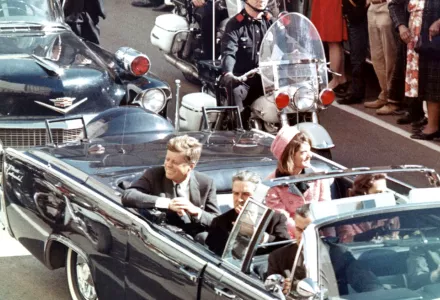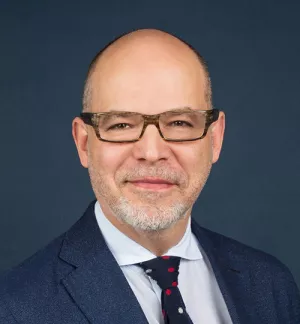
This is the first episode in an occasional series examining major counterfactual questions in history.
Overview
It remains one of the most tantalizing questions of John F. Kennedy's legacy: if he had survived his trip to Dallas in November 1963, would he have withdrawn U.S. military advisers from Vietnam? The possibility that Kennedy would have avoided the epic mistake of plunging the U.S. into a land war in Southeast Asia continues to stir debate among historians.
Some facts are indisputable, based on the extensive documentary record. Kennedy was committed to helping South Vietnam in its fight against the Communist insurgency, but he opposed sending U.S. ground forces to Vietnam. Instead, his administration dramatically increased the number of American advisers to Saigon to 16,000 by the end of 1963. As Kennedy told CBS newsman Walter Cronkite in a wide-ranging interview in early September 1963, the war was Saigon's to win or lose, but withdrawal would be "a great mistake."
Yet in July 1962, withdrawal planning began under the supervision of Defense Secretary Robert McNamara. The idea was to withdraw all U.S. personnel from Vietnam by the end of 1965 on the condition that Saigon was winning the war against the Viet Cong. That outcome — a South Vietnam capable of providing for its own defense — looked unlikely as 1963 wore on.
In this episode of History As It Happens, Harvard historian and Pulitzer Prize-winning author Fredrik Logevall separates fact from myth when discussing Kennedy’s ideas and intentions for withdrawal.
“A surviving Kennedy probably keeps Vietnam on the back burner through the 1964 election. That is to say, keeps the patient alive, maintains the American commitment to South Vietnam… I think [in 1965] Kennedy avoids a major escalation of the war. I think his skepticism went deeper than [Lyndon] Johnson’s and Johnson did have his own skepticism,” said Mr. Logevall, the author of “Choosing War: The Lost Chance for Peace and the Escalation of War in Vietnam.”
Logevall, Fredrik and Martin Di Caro. “History As It Happens: What if? Kennedy and Vietnam.” The Washington Times, September 15, 2023
The full text of this publication is available via The Washington Times.





